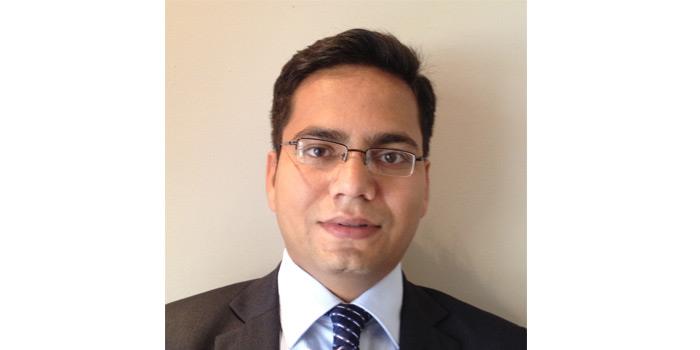Dr. Mohammad Haris, Principal Investigator in Sidra’s Translational Research Division, is driving MRI research development in Qatar
Sidra Medicine’s Research Team has taken part in several ground-braking studies to advance imaging research development in Qatar and internationally.
The main goal of Sidra’s imaging research is to develop innovative imaging technology to better understand the various human disease pathologies in vivo, help clinicians to diagnose the diseases in their early stages and monitor the therapeutic responses more precisely.
Sidra Medicine took part in the world’s biggest imaging research conference, the International Society for Magnetic Resonance in Medicine (ISMRM), in Milan, Italy for the first time last month. ISMRM promotes innovation, development and application of magnetic resonance techniques, an imaging technique used in radiology to investigate the anatomy and function of the body, in medicine and biology throughout the world. Seven ground-breaking research abstracts, in which Sidra Medicine researchers made significant contributions, were accepted for discussion and poster presentations.
In addition, Dr. Mohammad Haris, Principal Investigator in Sidra Medicine’s Research Division, delivered a talk on his new MRI methodology to image the proteases enzyme activity in cancerous tissues. This is the first time when the cancerous protease activity can be monitored in vivo at high resolution. “Since the malignancy and aggressiveness of cancer is highly correlated with the protease enzymes expression, it is possible to image and quantify the aggressiveness of the cancerous tissue in in vivo using this new imaging method,” said Dr. Haris. “Such technique will provide clinicians advance information about the tumor aggressiveness and will help in better clinical management of patients.”
Apart from his talk, he and his group from University of Pennsylvania in the U.S. also presented the works focused on the quantification of metabolites changes, as well as redox potential changes in various pathologies using MRI.
Besides leading the Sidra Medicine at International conferences, Dr. Haris, along with his peer at the University of Pennsylvania, published the first imaging research papers with Sidra Medicine’s affiliation in peer reviewed journals that help advance breast cancer diagnosis techniques and determine cartilage integrity in vivo.
The ultimate goal is to transfer these new cutting-edge MR techniques to clinical setup and improve the health of the population.


